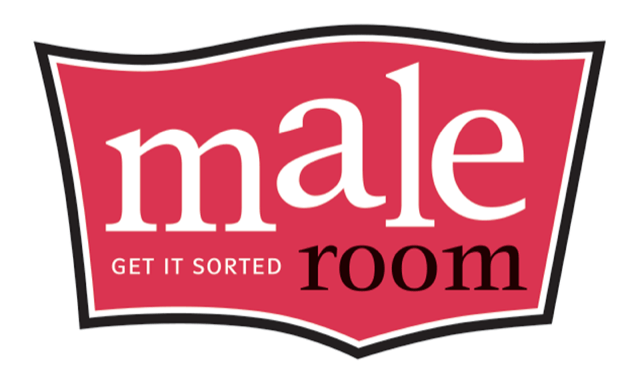The Jehovah’s Witness church has been fighting scrutiny from a national inquiry into the historical abuse of children for three years, court documents show.
The church has accused the Royal Commission of Inquiry into Abuse in Care of wilfully “miscasting” its religion and ignoring evidence showing why it should be excluded from the inquiry.
In June, the Christian Congregation of Jehovah’s Witnesses Australasia, which oversees 170 New Zealand congregations, filed for a judicial review to exempt itself from the inquiry, arguing it does not have historical abuse cases within the inquiry’s scope.
The inquiry’s scope was expanded to include faith-based institutions in November 2018 after lobbying from religious groups and survivors. The Jehovah’s Witness faith is the only group to oppose being involved.
The papers submitted to the High Court in Wellington ahead of the judicial review hearing reveal the behind-the-scenes wrangling between the church and the commission over the last three years as the church repeatedly tried to avoid scrutiny by the inquiry.
The church’s central argument is that it does not have children or vulnerable young people in its care, fundamentally disagreeing with the inquiry’s definition that care includes ‘pastoral care’ in any setting. Because of this, it has declined to provide contextual information about the religion’s beliefs and meet with the inquiry on several occasions, the documents show.
The church, represented by King’s Counsel Paul Rishworth and lawyer Cathy Fisher, accused the inquiry of having a “predetermined outcome”, claiming it has ignored evidence it has submitted showing why it should be exempt.
“This wilful and fundamental miscasting of the religion, including the role of elders is in part what the commission relies on to continue to seek to retain Jehovah’s Witnesses within the purview of its inquiry,” the church said in its Statement of Claim filed with the court.
Read full article

